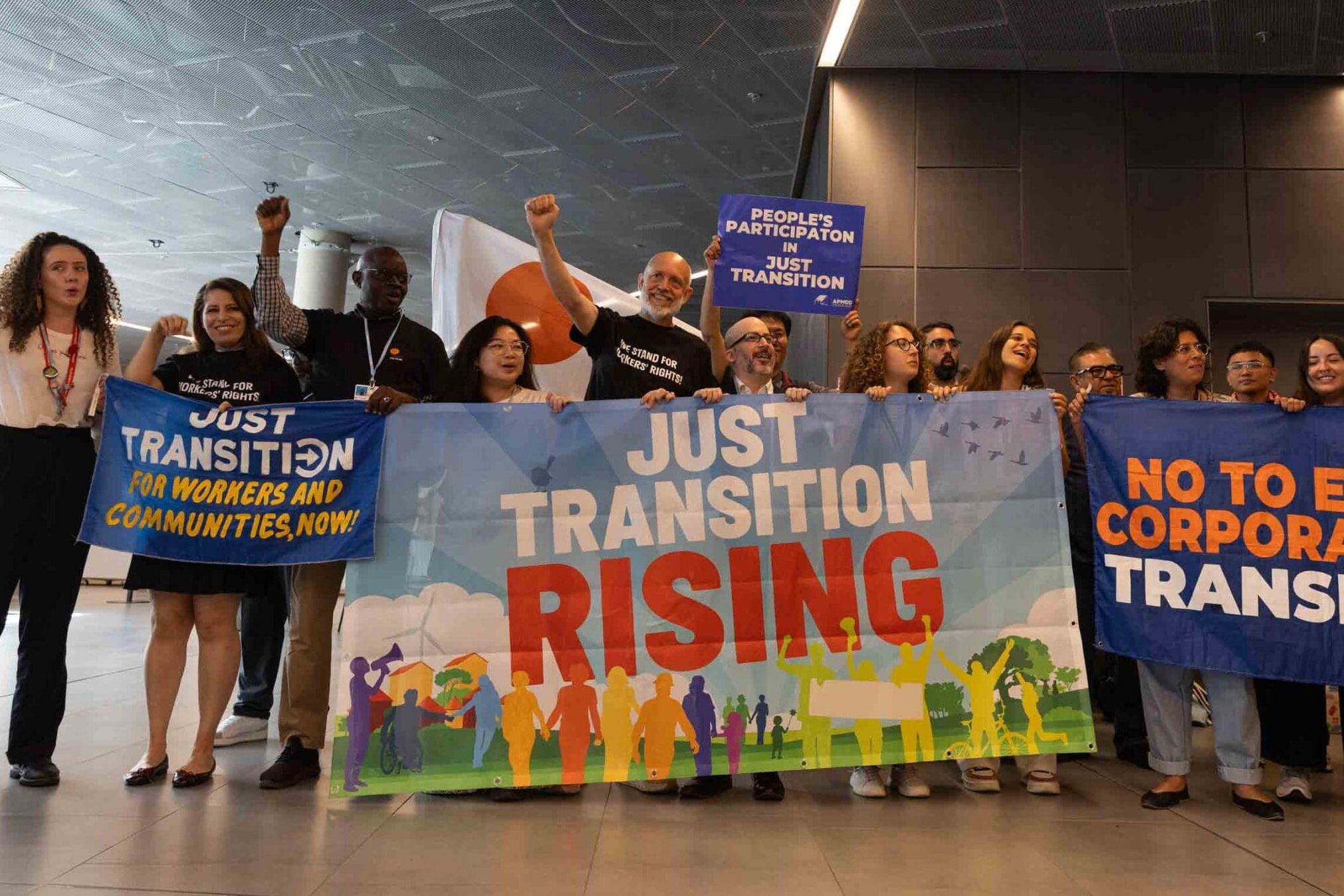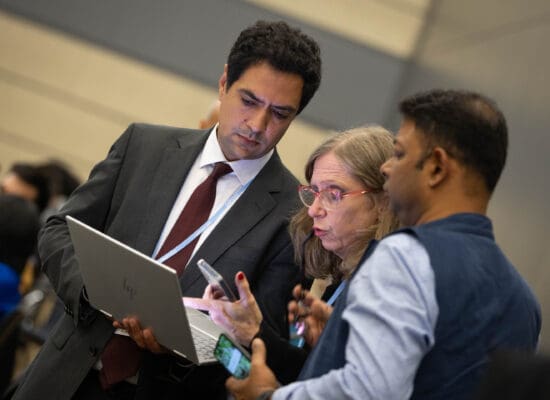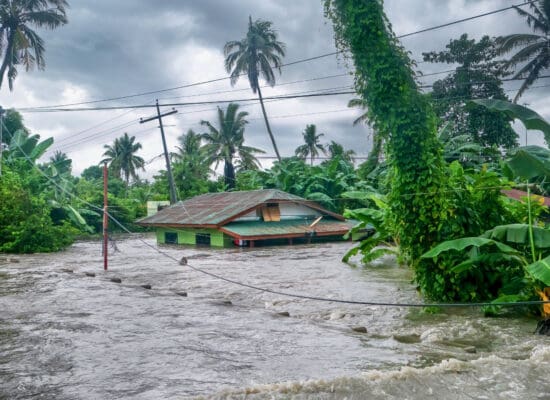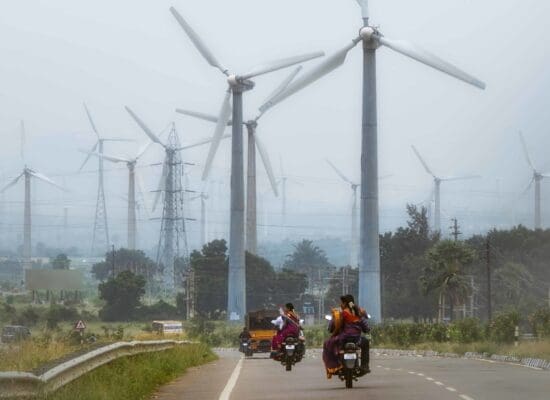Civil society
Just Transition Rising: How the grassroots movement is driving climate action
As multilateral negotiations on just transition fail to deliver tangible results, a new civil society initiative is breathing life—and momentum—into the Just Transition Work Programme (JTWP) by proposing concrete measures to advance knowledge exchange and implementation.

What is Just Transition Rising? How did it come about—and why now?
Launched in May 2025 at a digital assembly of over 1,000 participants, Just Transition Rising is a civil society initiative that aims to advance the just transition agenda and ensure that climate action begins from the ground up, reflecting the interests of working people and marginalised groups. Its core purpose is to ensure that the building blocks of a just transition—social protection, decent work, energy access, and inclusion—are not forgotten by those with the power to shape national and international policy.
Following the collapse of high-level talks on the Just Transition Work Programme (JTWP) in Bonn and Baku in 2024, the movement evolved as a platform for constructive advocacy to help break the deadlock and map out actionable next steps. “We need to show that grassroots movements, unions, feminists, we have ideas, we have proposals, and we have initiatives that need space and scale to deliver the justice that we all need. Just Transition Rising is an attempt to give light and space for those initiatives to blossom around the world,” says Anabella Rosemberg, Senior Advisor on Just Transition at Climate Action Network International (CAN-I).
With climate scepticism and divisive politics on the rise, campaigners see the just transition as a rare point of convergence and therefore an opportunity for progress, says Anabella in a recent op-ed for Climate Home News.
Who is involved in Just Transition Rising?
Everyone—from factory workers to Indigenous leaders, and from disability campaigners to children’s groups—is given a seat at the table and a chance to be heard as part of the initiative. “The Just Transition Rising campaign brings together trade unions, civil society, feminist groups, youth, and Indigenous Peoples for a conversation about how we accelerate justice, how we place justice at the centre of climate conversations,” says Anabella. The movement is also a launchpad for localised tools, such as the Just Transition Blueprint for Workers developed by the Congress of South African Trade Unions [as explained by Boitumelo Molete in this short video], and for amplifying stories from frontline voices, such as Indigenous communities, as they fight to protect their territories [as outlined in this clip by Carlos Gaitán].
What happened in Bonn?
At the 2025 climate talks in Bonn, the group aimed for maximum visibility. Alongside press conferences, side events, and mobilisations inside the venue, an outdoor “picket-nic” was staged to reflect the involvement and spirit of trade unions and to demand the attention of negotiators as they arrived for talks on the JTWP. A large banner was unfurled, flanked by the various groups comprising the Just Transition Rising movement. The aim was to remind country representatives that the rights of those on the front lines of the energy transition must be prioritised in climate policies.
When the talks ended, a step towards a potential breakthrough at COP 30 in Belem was announced: the negotiators had agreed to carry forward an informal note. Following repeated rounds of deadlocked discussions between Parties in recent years, the new text reflected calls from civil society to acknowledge the multisectoral, people-centric, and bottom-up nature of just transitions and to protect human rights, gender equality, and the natural world. The note also outlined three possible options for the future of the JTWP when its current mandate expires at COP 31 in 2026, a move welcomed by activists who had called for concrete, forward-looking proposals to support the implementation of just transition pathways in the coming years.
What is the initiative calling for to advance the just transition agenda?
A key aim of the Just Transition Rising initiative is to propose actionable steps to advance the JTWP beyond its current format and limitations. One such step would be the incorporation of a mechanism to support just transition measures through international cooperation based on the principles of equity and common but differentiated responsibilities and respective capacities. This “Belem action mechanism (BAM)” would be embedded into UN Framework Convention on Climate Change processes and would feature a steering committee of Parties, constituencies (including women and gender, youth, trade unions, Indigenous Peoples, and environmental groups), and key just transition actors like the International Labour Organization. Sinéad Magner of the Women’s Environment & Development Organization explains that the mechanism would include:
-
- A coordination function, bringing together multiple actors seeking to advance just transition on the ground
- A “knowledge arm” consisting of the JTWP and its Dialogues
- An “implementation arm” featuring a helpdesk function that allows countries to access best-practice examples and seek practical support
When the informal note was published in Bonn, civil society activists welcomed the inclusion of text proposing “new institutional arrangements (such as a toolbox, global platform, technical assistance network, or guidance framework)” as one of the three possible future scenarios for the JTWP, directly in line with their proposal.
What is planned in the lead-up to COP 30—and beyond?
“Between now and COP 30, we see the opportunity to escalate the conversation on just transition. For this, we will be hosting a series of conversations and convergences across all these movements at different levels,” says Anabella Rosemberg. So far, actions have been planned around the Africa Climate Summit 2025 in Addis Ababa, Ethiopia, and Climate Week NYC—both to be held in September. A global day of mobilisation will also take place in Brazil in November to coincide with COP 30 itself. Most importantly, says Anabella, Just Transition Rising will be laying the foundation for implementing just transition on the ground once COP 30 is over.
What actually happened at the JTWP negotiations in Bonn? Find out in our explainer.
Stay Informed and Engaged
Subscribe to the Just Energy Transition in Coal Regions Knowledge Hub Newsletter
Receive updates on just energy transition news, insights, knowledge, and events directly in your inbox.


